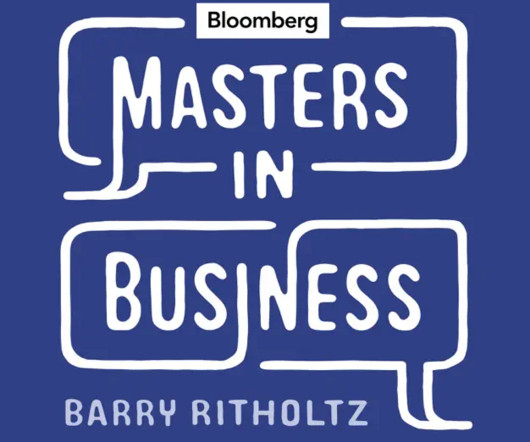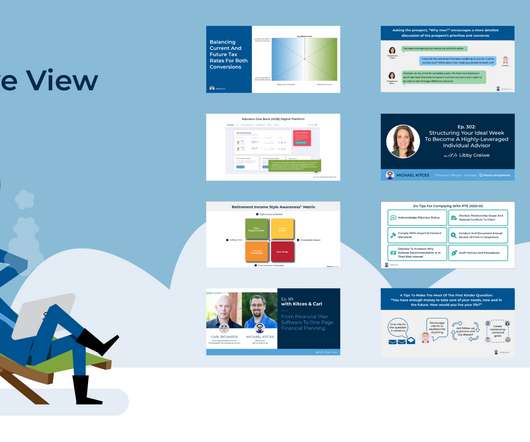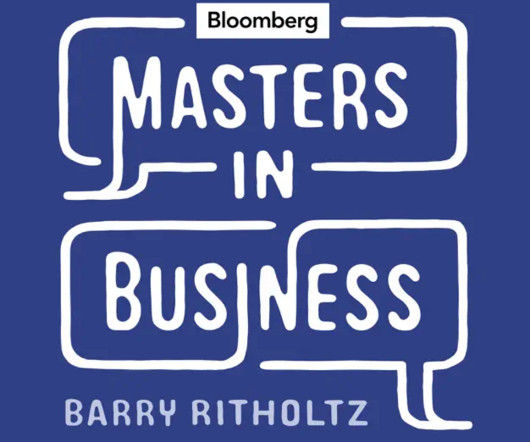Transcript: Tom Hancock, GMO
Barry Ritholtz
FEBRUARY 6, 2024
Its index and its benchmark. And big consumer and healthcare. Whereas the ETF is designed to be a more straightforward s and p 500 US only equity strategy 00:29:26 [Speaker Changed] And it’s concentrated 35 large cap stocks. a year, way over both. It’s in the top 1% of its peers. Morningstar five star gold rated.














Let's personalize your content